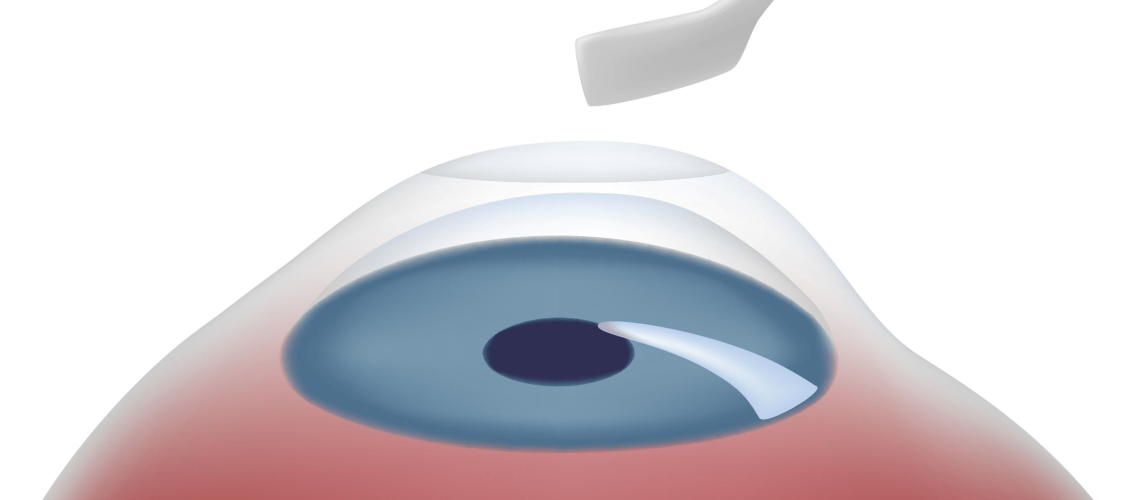PRK (photorefractive keratectomy) is a type of laser eye surgery used for mild to moderate vision correction.
PRK is one of the original laser eye surgeries, however, techniques have advanced over the years and it’s now often referred to as ASLA (advanced surface laser ablation) or Advanced PRK.
PRK involves gently removing part of the surface layer of the eye before applying the laser directly to the cornea for reshaping.
Before the procedure, the eye is numbed with anaesthetic eye drops.
During the procedure, an alcohol solution or specialised brush is used to remove the outer layer of cells before tailored computer-controlled laser pulses reshape the cornea.
The PRK laser is a ‘cool’ excimer laser that doesn’t burn or damage surrounding tissue.
The procedure itself usually takes around 15 minutes.
Following the procedure, a clear contact lens is placed over the eye for four to five days to allow the surface layer of cells to heal.
While recovery from PRK is slower than with other laser eye surgery procedures, vision will gradually improve over a few weeks.




